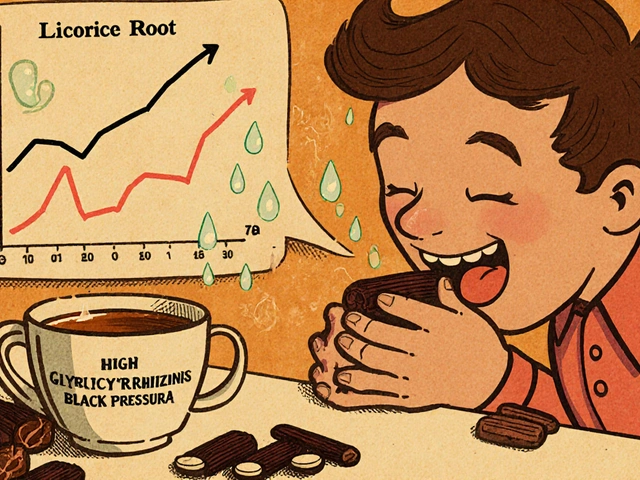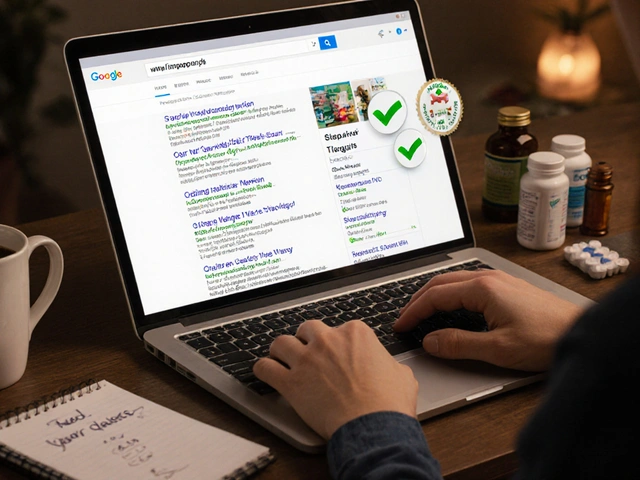Cholesterol screenings: why regular checks matter for your heart
High cholesterol rarely causes symptoms, so a simple blood test is often the only way to catch a problem before it leads to heart disease. In May 2024 we published a clear guide called "The Vital Role of Regular Cholesterol Screenings for Heart Health" that explains what those tests show and what to do when numbers are off. Here’s a practical, no-nonsense summary you can use right now.
What the test measures and what it means
A standard cholesterol panel gives four key numbers: total cholesterol, LDL (bad) cholesterol, HDL (good) cholesterol, and triglycerides. Total cholesterol is the overall picture. LDL contributes to plaque that narrows arteries. HDL helps remove cholesterol from the bloodstream. Triglycerides are a type of fat linked to heart risk when high. Each value tells your clinician something different about your risk and how to treat it.
Knowing which number is high matters. For example, high LDL usually points to diet, genetics, or both, while very high triglycerides can tie to uncontrolled blood sugar, heavy drinking, or certain meds. That detail guides whether you change food and activity, adjust meds, or need more tests.
Who should test and how often
If you’re an adult, start testing at age 20 and repeat every 4–6 years if your results are normal. Get checked sooner or more often if you have risk factors: family history of early heart disease, smoking, high blood pressure, diabetes, obesity, or a history of stroke or heart attack. Your doctor may want annual checks or testing every few months if you’re on treatment or if numbers are changing.
Many labs now accept non-fasting samples for routine screening. Fasting matters most when your triglycerides are high or when your clinician asks for it. Always follow lab instructions so your results are accurate.
Here are practical thresholds to know: total cholesterol under 200 mg/dL is generally desirable, LDL under 100 mg/dL is ideal for most people, HDL above 60 mg/dL is protective, and triglycerides under 150 mg/dL are preferred. Targets can change based on your overall risk, so use these as a starting point, not a final diagnosis.
If your numbers are high, start with lifestyle changes you can actually do: swap processed foods for veggies and whole grains, cut back on sugary drinks, aim for 30 minutes of moderate activity most days, lose excess weight, and quit smoking. If lifestyle changes aren’t enough, doctors may recommend medications like statins depending on your risk level. Don’t stop meds or make changes without talking to your clinician.
Before your test, bring a list of medications, a note of family health history, and any prior lab results. Ask your clinician to explain your results in plain language and to lay out the next steps—whether that’s waiting, trying lifestyle changes, or starting medication. Small, consistent steps now can prevent bigger problems later.
The May 2024 post on Apostrophe Pharma Guide focused on catching issues early and acting on clear numbers. If you haven’t checked your cholesterol in a few years, consider scheduling a test this month—knowing your numbers is the simplest, most effective move for heart health.

The Vital Role of Regular Cholesterol Screenings for Heart Health
Regular cholesterol screenings are crucial for monitoring high blood cholesterol levels, which can lead to serious health issues like heart disease. These tests help in identifying risks early, allowing for timely lifestyle and dietary adjustments. By understanding the importance of these screenings, individuals can take proactive steps to maintain healthier cholesterol levels and overall heart health.
Read More




